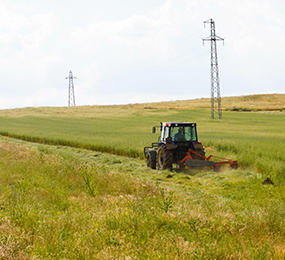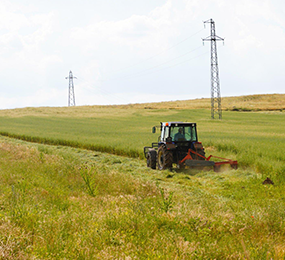Advancements in battery technology are revolutionizing the electrification of non-road mobile machinery (NRMM), offering solutions that enhance efficiency, durability, and sustainability. As industries seek to reduce their carbon footprint, innovative batteries play an essential role in enabling this transition.
One of the most promising developments is the use of lithium-ion batteries, which have become the standard for many electric applications. These batteries offer high energy density, long life cycles, and relatively fast charging times, making them well-suited for NRMM. Recent innovations in lithium-ion technology focus on increasing energy density and reducing charging time, thereby improving the overall performance and feasibility of electric machinery.
Solid-state batteries represent a significant leap forward in battery technology. Unlike traditional lithium-ion batteries that use liquid electrolytes, solid-state batteries utilize solid electrolytes, which enhance safety and energy density. These batteries are less prone to overheating and have a longer lifespan, making them ideal for the rigorous demands of non-road machinery. The increased energy density also allows for smaller, lighter batteries, which can be beneficial in applications where space and weight are critical factors.
Another innovative approach is the development of lithium-sulfur batteries, which offer the potential for even higher energy densities than lithium-ion batteries. While still in the research and development phase, lithium-sulfur batteries promise to deliver greater energy storage capacity and lower costs, which could make them a game-changer for NRMM electrification.
Hydrogen fuel cells are also gaining attention as a viable alternative to traditional batteries. Fuel cells generate electricity through a chemical reaction between hydrogen and oxygen, producing only water as a byproduct. This technology is particularly advantageous for applications requiring long operational hours and quick refueling, making it a suitable option for heavy-duty non-road machinery.
Battery management systems (BMS) are another critical innovation, enhancing the safety, reliability, and efficiency of battery-powered NRMM. BMS technologies monitor and manage battery performance, ensuring optimal operation and preventing issues such as overheating or overcharging.
The integration of these innovative battery technologies is essential for the continued advancement and adoption of electric NRMM. As research and development progress, these batteries will play a pivotal role in achieving a sustainable and efficient future for non-road mobile machinery.
For more details and registration information, visit https://www.leadventgrp.com/events/2nd-annual-non-road-mobile-machinery-electrification-and-decarbonization-forum/details.
For more information and group participation, contact us: [email protected]
















